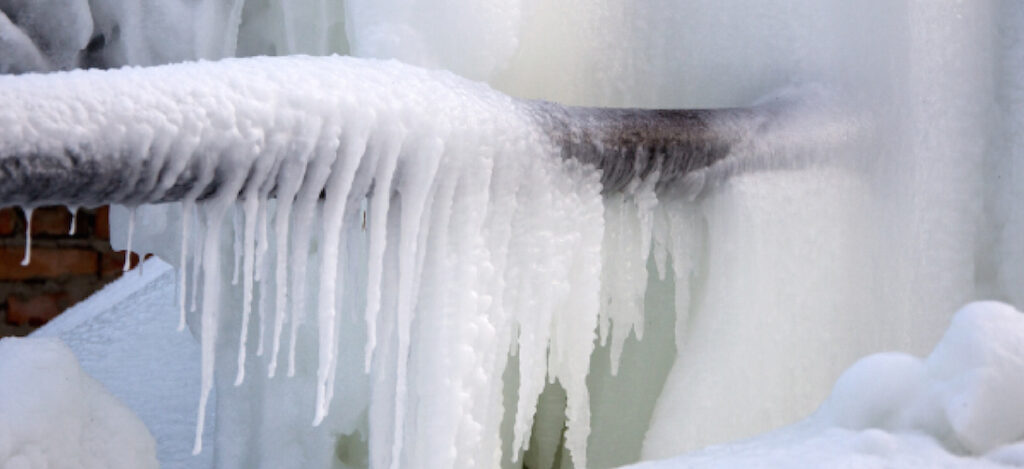Insurance can be complicated. That’s why you need someone who can explain how it works, when it works and how it can best serve you and your family. Having a State Farm agent is irreplaceable because of the education he or she can provide about how to protect your home, which is one of the largest investments in life.
One topic our agents visit with customers about this time of year is frozen pipes. About 250,000 families have their homes ruined each year because of this peril. When water freezes, it expands, and that can exert up to 2,000 pounds of pressure per square inch in a water pipe. Just a 1/8-inch crack in a pipe can spew out more than 250 gallons of water a day. It doesn’t take a big imagination to see what kind of damage that would do to a home and its possessions.
Tips for preventing frozen pipe damage:
- Insulate pipes located in your home’s crawl space, basement and attic.
- Heat tape or thermostatically controlled cables can be used to keep pipes warm.
- Seal leaks that allow cold air inside near where pipes are located. Look for air leaks around electrical wiring, dryer vents and pipes, and use caulk or insulation to keep the cold out.
- Disconnect garden hoses and use the indoor valve to shut off drain water leading to outside faucets.
Tips for when the temperature drops (typically around 20 degrees):
- Trickle hot and cold water from your faucets overnight to keep pipes from freezing.
- Open cabinet doors to allow heat to get to piping under sinks and vanities near exterior walls.
Tips for when you’re away:
- Set the thermostat in your house to 55 degrees or warmer (12 degrees Celsius).
- Ask a friend or neighbor to check your house and make sure it’s staying warm.
- Shut off and drain the water system (Note: This may deactivate an in-home fire protection sprinkler system). Locate the main water shutoff valve. If you have a basement or crawl space, it’s likely on a wall near the front of the house. If your house is on a slab, the shutoff may be near the water heater or in the garage.
If you can’t find where water enters your house, go to the water meter box outside your home. Using either a meter key (from a home supply store) or a crescent wrench to turn the valve clockwise. Afterwards, release water pressure in your pipes by turning both hot and cold water faucets on until water no longer runs.
These are just a few tips to keep your home warm and safe this winter. For more information on how you can manage the risks of everyday life, contact State Farm Agent Brian Hazelrigg at 573-445-1687, brian.hazelrigg.qswa@statefarm.com or www.brianhazelrigg.com.
If your pipes freeze
- Call a plumber.
- Shut off water at the main if you detect your pipes have frozen and burst.
- Never use a torch to thaw frozen pipes.
- Do not use electrical appliances in areas of standing water.










